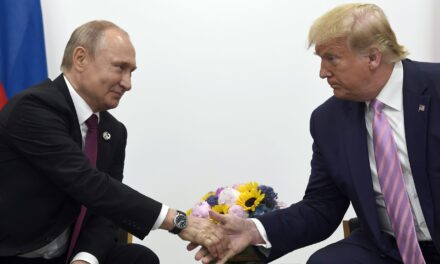This article is from: srnnews.com
BUENOS AIRES (Reuters) – Latin American e-commerce giant MercadoLibre said on Monday it had filed a complaint with Argentine regulators against digital wallet MODO backed by local banks, alleging cartel-like behaviour and concentration of the market.
MercadoLibre’s fintech arm, Mercado Pago, offers its own widely-used digital wallet, with an application to send and receive mobile payments. Tension has been brewing between the fintech platform and local banks over the last year.
Mercado Pago’s payment QR codes have become ubiquitous in Argentine stores in recent years, and have helped propel MercadoLibre to become Latin America’s largest company by market capitalization, now worth more than $100 billion.
MercadoLibre accused MODO, a digital wallet backed by a group of 36 banks, of operating a monopoly and of committing acts which harmed the fintech industry and its users.
Banks such as Argentina’s Banco Nacion, as well as local units of banking giants Santander, BBVA and HSBC, participate in MODO. MODO itself accused Mercado Pago in May this year of using abusive practices to dominate the market.
MODO did not immediately respond to a request for comment.
“The complaint against the major banks is for prohibited concentration, cartelization and coordinated practices intended to harm the fintech industry and its users,” MercadoLibre said in a statement.
“The 36 banks that are part of the MODO wallet form a cartel to avoid competing with each other with their own digital wallets.”
MercadoLibre, founded by Argentine billionaire Marcos Galperin, said that its complaint to the regulator “seeks to guarantee a competitive framework for the development of better financial tools.”
Earlier this year, MODO filed its own complaint against MercadoLibre, alleging its “abusive practices” had allowed Mercado Pago to scoop up 80% of Argentina’s electronic retail payments.
(Reporting by Eliana Raszewski; Writing by Kylie Madry, Editing by William Maclean)
Brought to you by www.srnnews.com




















